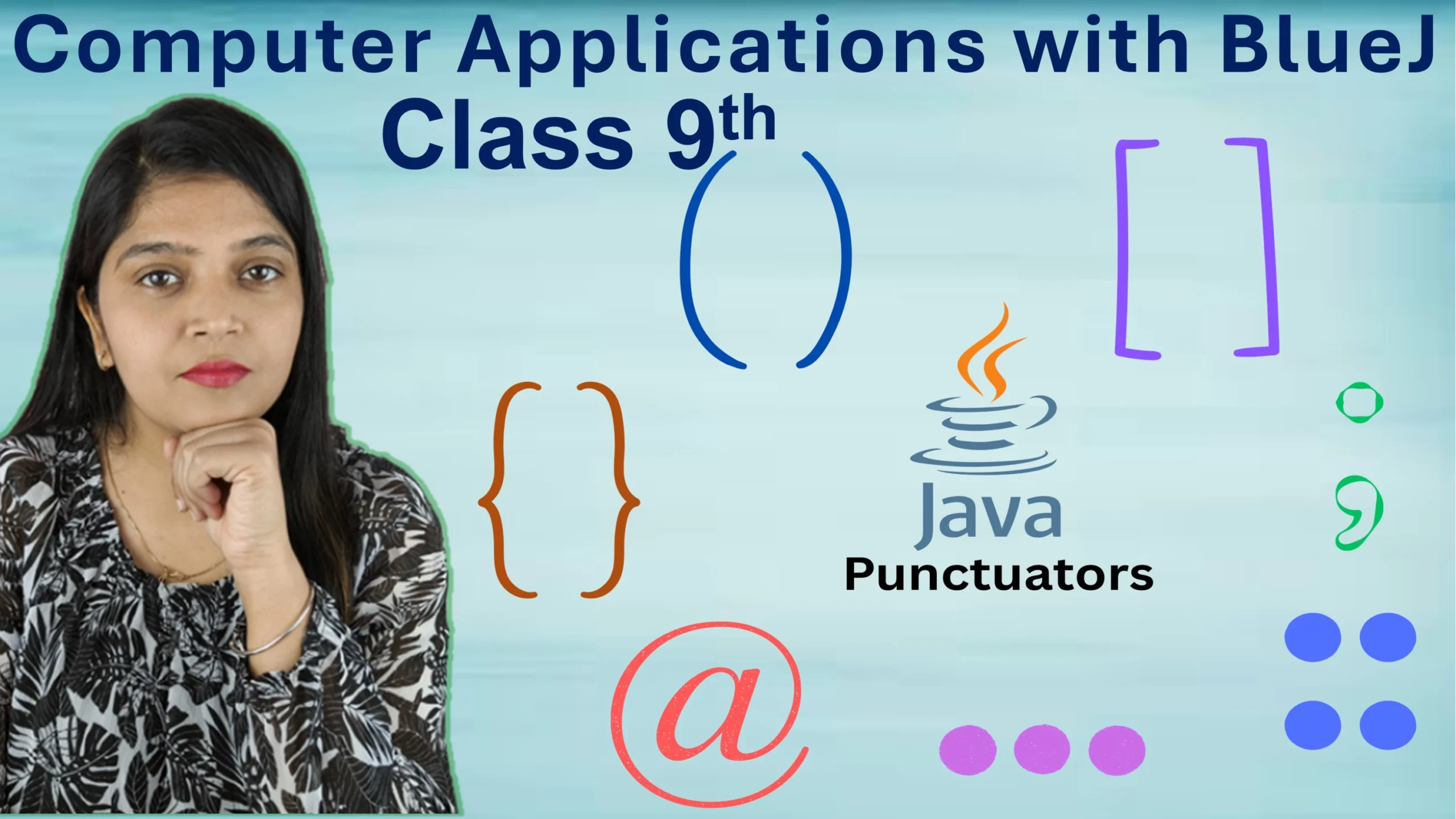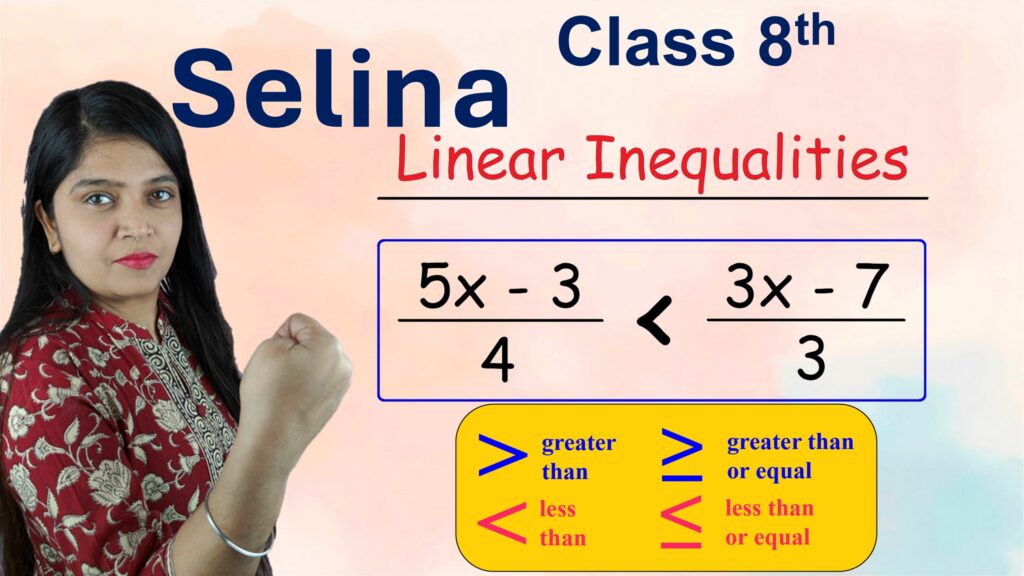When we write sentences in English, we use punctuation marks like , (comma), . (full stop), ? (question mark), and ! (exclamation mark) to make the sentence clear and meaningful. Without punctuation, our writing would be confusing and hard to read.
In the same way, Java has punctuators that bring structure, clarity and meaning to the code. They help the compiler understand where a statement begins, where it ends and how different parts of the program are separated.
Punctuators in Java
Punctuators in Java are special symbols or marks used to separate statements, group code and control the structure of a program.
Just like punctuation in English makes a sentence readable, punctuators in Java make the code understandable for both the programmer and the compiler.
Purpose of Punctuators
Punctuators are important in Java because they:
- Define the start and end of code blocks.
- Separate different parts of a statement.
- Make the code easier for the compiler to read and execute correctly.
- Help avoid confusion between variables, keywords and operators.
Types of Punctuators in Java
1. Brackets [ ]
It is used to declare and access arrays. They indicate that the variable is an array type. Example:
int numbers[] = {1, 2, 3, 4};
System.out.println(numbers[2]); // prints 32. Parentheses ( )
It is used to group expressions, pass parameters and define method calls. They control the order of operations and specify method arguments. Example:
int result = (5 + 3) * 2; // grouping expression
System.out.println("Hello"); // method call3. Braces { }
It is used to define a block of code. They group multiple statements into one block (like loops, methods, classes). Example:
if (x > 0) {
System.out.println("Positive");
x--;
}4. Semicolon ;
It marks the end of a statement. It separates one statement from another. Example:
int a = 10;
int b = 20;5. Comma ,
Separates variables in declarations or parameters in methods. With the use of comma, we can declare multiple items in a single line. Example:
int x = 1, y = 2, z = 3;6. Period (Dot) .
Used to access methods, fields or classes from packages. It also acts as a connector between an object and its members. Example:
System.out.println("Java"); 7. Colon :
Used in labels and enhanced for loops. It helps in looping over collections or arrays. Example:
int arr[] = {10, 20, 30};
for (int num : arr) {
System.out.println(num);
}How Java Punctuators Work
When the Java compiler reads your code, it uses punctuators to separate and organize different elements. For example:
- The semicolon tells the compiler, “This is the end of the statement.”
- The curly braces {} tell it, “These lines belong together as one block.”
- The dot . helps it find methods or properties inside a class.
Without punctuators, Java code would be messy, confusing, and would not run properly.
Separators
Separators are subset of punctuators whose primary role is to separate different parts of the code, making it readable and understandable to the compiler.
All separators are punctuators but not all punctuators are primarily used for separation.
| Feature | Punctuators | Separators |
| Definition | Punctuators are symbols that give structure to Java programs, like braces, semicolons, brackets etc. | Separators are a subset of punctuators that specifically separate different parts of a program (statements, blocks, variables, etc.). |
| Purpose | To mark boundaries, organize code and define blocks. | To clearly divide instructions, parameters and elements. |
| Examples | { }, ( ), [ ], ;, ,, ., @, ::, … | ( ), { }, [ ], ;, ,, . |
| Scope | Broader. It includes separators plus some extra symbols like @ , :: | Narrower. It only includes those symbols used for separation and structuring. |
| Analogy | Like all punctuation marks in English (commas, periods, question marks, exclamation marks). | Like only the separating marks in English (comma, semicolon, full stop). |
Final Thought on Punctuators and Separators
Punctuators and separators are small but very important symbols in Java. They help the compiler understand the structure of a program and make the code clear and readable.
So, whenever you code in Java, remember that punctuators and separators are the tiny heroes that keep everything in order.
If you’re thinking of learning programming, Java is a great place to start!





Leave a Comment